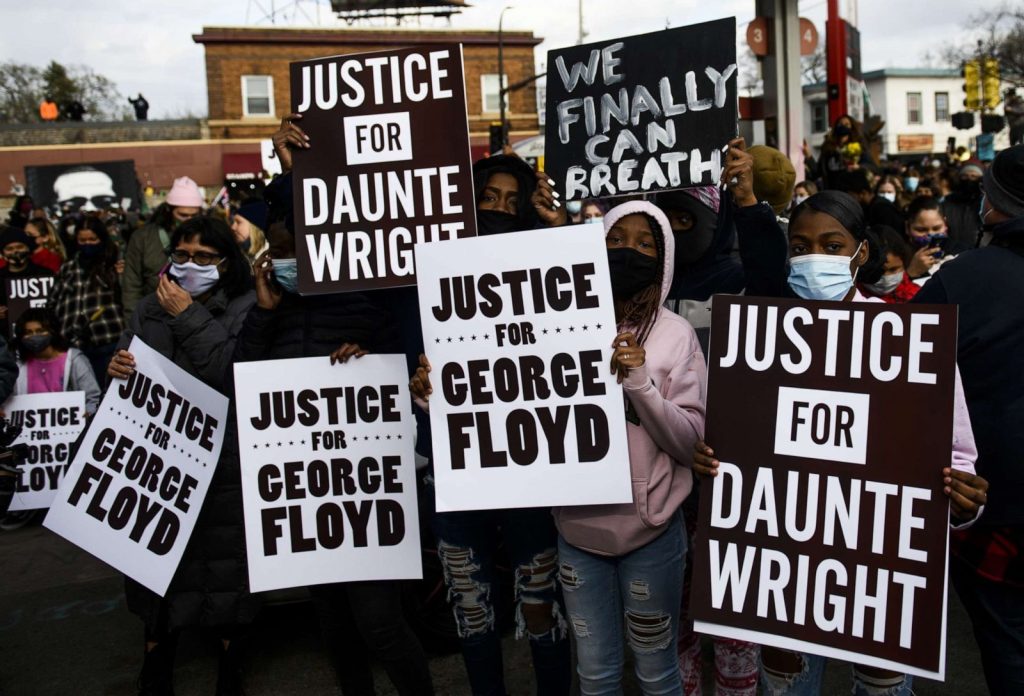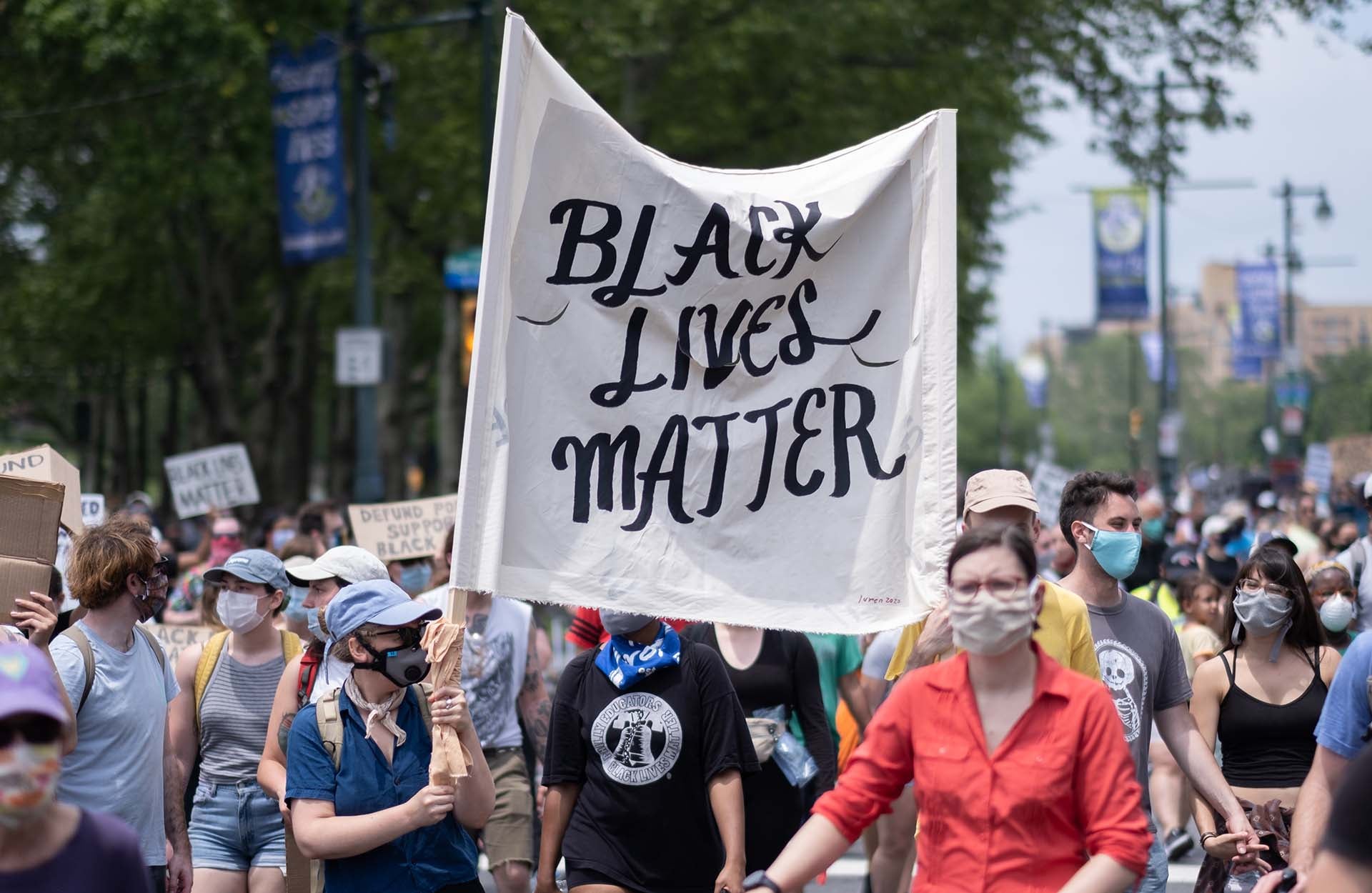Two crucial processes in communication and information transfer are encoding and decoding. Data must be transformed into a certain format or code that facilitates transmission or storage in order for information to be effectively transmitted to others. During this process, data may be compressed, encrypted, or converted to binary form. The reverse procedure, known as decoding, involves converting the encoded information back into an understandable form. These processes all work together to ensure that communications are interpreted and sent appropriately while facilitating seamless communication across various platforms and technologies.

A prominent instance of encoding and decoding within a contemporary event is the worldwide reaction to the Black Lives Matter (BLM) movement, especially following George Floyd’s passing in 2020. Protests, public speeches, and social media posts were some of the ways that the movement’s message which promoted racial justice and police reform was conveyed. These letters sought to express unity and urgency in the face of institutional racism. Due to their varied cultural backgrounds and life experiences, audiences across the world processed these messages in different ways. While some took up the prevailing interpretation, endorsing the movement’s objectives and taking part in demonstrations, others took up a negotiated interpretation, acknowledging certain points of agreement but challenging others. Furthermore, some people adopted a position of resistance, completely rejecting the movement’s ideas.


This interplay between encoding and decoding illustrates how the BLM movement operates as a cultural artefact that yields a variety of interpretations and responses, reflecting the challenges of communicating in a socially sensitive environment.

(Davis 2004, Procter 2004, Hall 2014) Media producers, the information they generate, and the audiences that perceive it interact in a complicated way throughout communication, according to Stuart Hall’s theory of encoding and decoding. The process by which creators incorporate meanings and messages into their work, influenced by their social and cultural surroundings, is referred to as encoding in this paradigm. Audiences actively decode these signals by applying their personal experiences to the interpretation. Hall distinguished three types of audience reactions: oppositional reading, in which the intended meaning is rejected; negotiated reading, in which the audience integrates their own opinions while partially accepting the message; and dominant (or favoured) reading, in which the intended meaning is accepted. Through the dynamic interaction of encoding and decoding, this theory emphasises that meaning is not fixed but rather is negotiated and produced.

(Durham and Kellner 2006, Hall 2014, Britannica 2021) Karl Marx’s works had an influence on Hall because they saw social structures from an economic standpoint and described them as “benefiting the elites at the cost of the working class”.

The world has been profoundly affected by encoding and decoding, especially in the fields of communication, data security, and information technology. They enable the transformation of data into transmittable forms, accelerating global collaboration and communication. Encryption is essential to data security and online transactions because it protects sensitive and private information from unauthorised access. Moreover, encoding techniques enhance data storage and retrieval, enabling the effective representation of vast amounts of data. Media encoding alters how people enjoy entertainment by compressing audio and video data for streaming. Encoding, which in AI supplies data for algorithmic processing, drives advances in image recognition and natural language processing. By exposing languages, literature, and the arts to a worldwide audience, encoding also aids in the preservation and spread of cultural information.
All things considered, these procedures have transformed technology, security, and communication, influencing the current environment.
Because they may ease communication and guarantee privacy, encoding and decoding are essential in daily life. For example, when we interact by SMS or social media, our words are converted into digital formats that enable quick delivery. Additionally, encryption helps protect our private information, such as passwords and bank account details, by restricting access to only those who are authorised. This method improves our relationships with others while keeping us safe in our everyday encounters.
Bibliography:
BBC School Radio. (n.d.). KS2 Assemblies: The death of George Floyd and the Black Lives Matter movement.
Effective communication in the workplace. (n.d.). Effective communication in the workplace.
Kriegeskorte, N. and Douglas, P.K., 2019. Interpreting encoding and decoding models. Current opinion in neurobiology, 55, pp.167-179.
media-studies (2020). Stuart Hall’s Reception Theory | Encoding and Decoding the Media..
OpenStax and Learning, L. (n.d.). Encoding. pressbooks.online.ucf.edu.
ResearchGate. (n.d.). Figure 1. Four Stages of Encoding/Decoding Communication.
Smallaxe.net. (2024). After Stuart Hall (After Marx).
Wren-Lewis, J., 1983. The encoding/decoding model: criticisms and redevelopments for research on decoding. Media, Culture & Society, 5(2), pp.179-197.


Your blog structure makes me feel so clear! I can understand the concepts of encoding and decoding clearly and concisely, even if I need to become more familiar with the field. Moreover, if you tell this theory through actual digital media examples, I can more intuitively understand the relevance of this theory to my daily life. You’re right. It’s right to critically look at and accept the information we get every day through various platforms.
I have a small suggestion: maybe the way information and coding are affected by different political and economic circumstances would make the article more comprehensive.